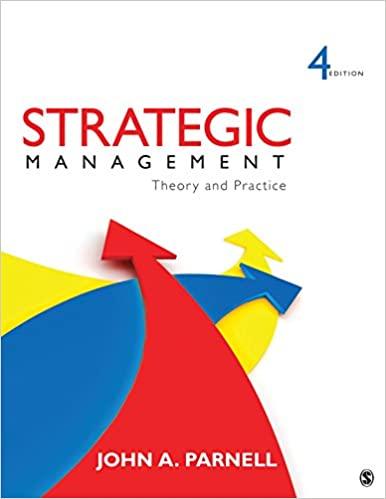would you give me an example of a RBS Graph for the 7.2 & 7.3 (page 216-217) risk breakdown structure chart in book Project Management: Managerial Process by Larson 8th Ed.?
Chapter 7 Atanaging Raid 217 FIGURE 7.3 The Risk Breakdown Structure (RBS) Step 1 Rink Ksenitillcation FIGURE 7.2 The Risk Management Analyze the project to identify Process soutes of milk Project Known risks Step 2 Risk Assessment Technical External Organizational Project Managersent Customer Assess risks in terms of . Severity of impact . Lixelhood of cootering Rocuiremains Subcontractors Project and supps depende Estimating Stop 3 Risk Airspovire Development Regulatory * Develop a Merategy to reduce Complexity and elco contiregency plans Interfaces Markon Anxinanagen Dian Performances and rell Customer Support See 4 Risk Rep onte Control Quality Weather started as a significant risk event. Likewise, when discussing the market the team may identify responding to new product releases by competitors as a risk event. I've risk luarazercall process begins by trying to generate a list of all the possible After the macro risks have been identified, specific areas can be checked. An effect risks Wat did Meet the project. Typically the project manager pulls together, during tive tool for identifying specific risks is the risk breakdown structure. Use of the RBS warning chase, a risk management team consisting of core team members and reduces the chance a risk event will be missed. On large projects multiple risk teams are why Kleves ticholders. Research has demonstrated that groups make more accu- organized around specific deliverables and submit their risk management reports to the rate judy usads shout risks than individuals do (Snizek & Henry, 1989). The team uses project manager. See Snapshot from Practice 7.2: Terminal 5-London Heathrow Air- Most iming fold other problem identifying techniques to identify potential problems. port* for an example of a project that would have benefited from a more robust RBS. Participers are cowoutraged to keep an open mind and generate as many probable risks A risk profile is another useful tool. A risk profile is a list of questions that address tra as pispble. More than one project has been bushwhacked by an event that members ditional areas of uncertainty on a project. These questions have been developed and refined though was preposterous in the beginning. Later during the assessment phase, partici- from previous, similar projects. Figure 7.4 provides a partial example of a risk profile, saras will have a chance to analyze and filter out unreasonable risks. Good risk profiles. like RBSs, are tailored to the type of project in question. For One common mistake that is made early in the risk identification process is to focus example, building an information system is different from building a new car, They on objectives and not on the events that could produce consequences. For example, team are organization specific. Risk profiles recognize the unique strengths and weak- members may identify failing to meet schedule as a major risk. What they need to focus nesses of the firm. Finally, risk profiles address both technical and management risks. For example, the profile shown in Figure 7.4 asks questions about design, such as on are the events that could cause this to happen (e.g., poor estimates, adverse weather, "Does the design depend upon unrealistic assumptions"" The questions may lead the shipping delays). Only by focusing on actual events can potential solutions be found. team to identify that the technology will not work under extreme conditions as a risk. Organizations use risk breakdown structures (RBSs) in conjunction with work Similarly, questions about work environment ("Do people cooperate across functional breakdown structures (W.BSs) to help management teams identify and eventually ana- boundaries?") may lead to the identification of p lyze risks. Figure 73 provides a generic example of an RBS. The focus at the begin- ning should be on risks that can affect the whole project, as opposed to a specific







